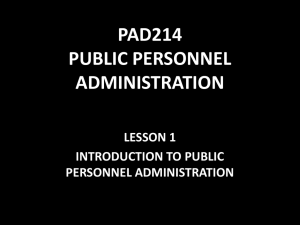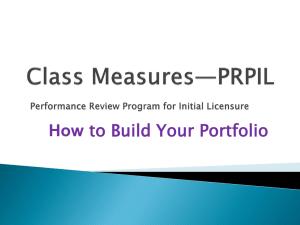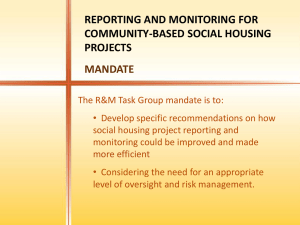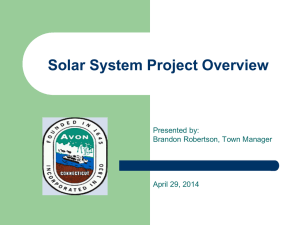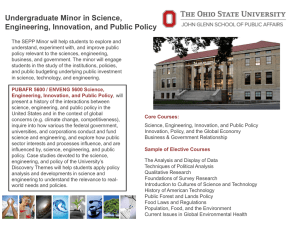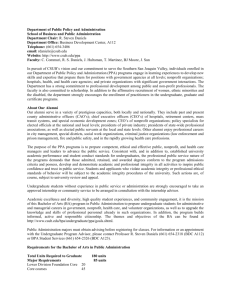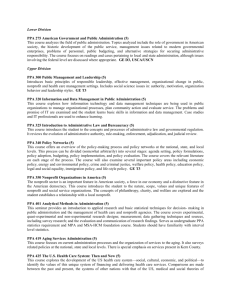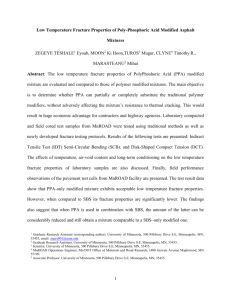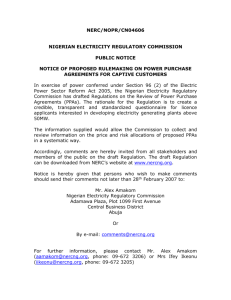Dear Mr Hughes
advertisement
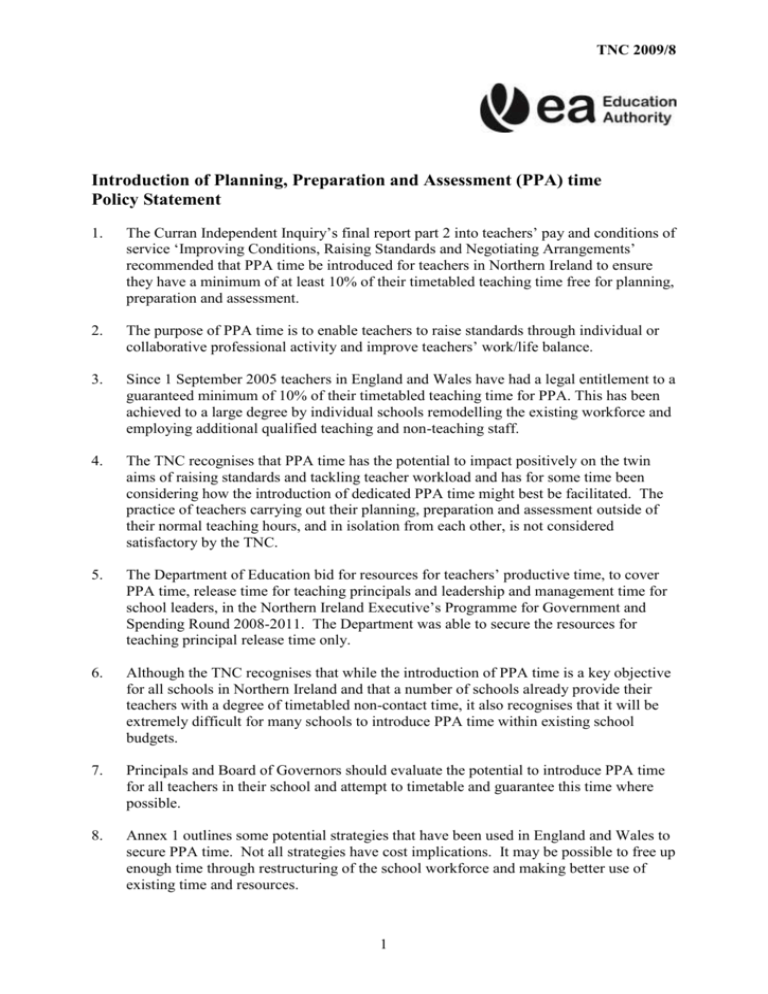
TNC 2009/8 Introduction of Planning, Preparation and Assessment (PPA) time Policy Statement 1. The Curran Independent Inquiry’s final report part 2 into teachers’ pay and conditions of service ‘Improving Conditions, Raising Standards and Negotiating Arrangements’ recommended that PPA time be introduced for teachers in Northern Ireland to ensure they have a minimum of at least 10% of their timetabled teaching time free for planning, preparation and assessment. 2. The purpose of PPA time is to enable teachers to raise standards through individual or collaborative professional activity and improve teachers’ work/life balance. 3. Since 1 September 2005 teachers in England and Wales have had a legal entitlement to a guaranteed minimum of 10% of their timetabled teaching time for PPA. This has been achieved to a large degree by individual schools remodelling the existing workforce and employing additional qualified teaching and non-teaching staff. 4. The TNC recognises that PPA time has the potential to impact positively on the twin aims of raising standards and tackling teacher workload and has for some time been considering how the introduction of dedicated PPA time might best be facilitated. The practice of teachers carrying out their planning, preparation and assessment outside of their normal teaching hours, and in isolation from each other, is not considered satisfactory by the TNC. 5. The Department of Education bid for resources for teachers’ productive time, to cover PPA time, release time for teaching principals and leadership and management time for school leaders, in the Northern Ireland Executive’s Programme for Government and Spending Round 2008-2011. The Department was able to secure the resources for teaching principal release time only. 6. Although the TNC recognises that while the introduction of PPA time is a key objective for all schools in Northern Ireland and that a number of schools already provide their teachers with a degree of timetabled non-contact time, it also recognises that it will be extremely difficult for many schools to introduce PPA time within existing school budgets. 7. Principals and Board of Governors should evaluate the potential to introduce PPA time for all teachers in their school and attempt to timetable and guarantee this time where possible. 8. Annex 1 outlines some potential strategies that have been used in England and Wales to secure PPA time. Not all strategies have cost implications. It may be possible to free up enough time through restructuring of the school workforce and making better use of existing time and resources. 11 TNC 2009/8 9. Consultation with teacher unions and employers before schools develop and implement PPA time is a key element of good practice. Schools should also have regard for teachers’ other contractual obligations when deciding the sustainability of any strategy or mix of strategies for the provision of PPA time. 10. Both sides of the TNC remain committed to seeking the additional resources necessary to implement PPA time for teachers’ in Northern Ireland schools. Jenny Fryers Management Side Secretary Frank Bunting Teachers Side Secretary 22 TNC 2009/8 Annex 1 This annex identifies a number of common strategies used by schools in England and Wales to enable the implementation of PPA time. Many schools have created and implemented sustainable staffing plans, which have included the creation of PPA time. This has been achieved by developing strategies, integrating strategies into the school timetable, and planning the evolution of strategies as part of the school development plans. In the development of PPA strategies in Northern Ireland schools should take into account their total PPA requirement as well as individual teachers’ PPA requirements. They also need to consider which strategy or combination of strategies may best enable them to meet these requirements. There have been two key strategies, which are not mutually exclusive, in providing guaranteed PPA time in England and Wales: Maximising the existing teaching resource Timetabling additional resources Maximising the existing teaching resource Teachers in most post primary schools and in some special and primary schools are not timetabled to teach every lesson of every day. As this non-contact time falls within their timetabled teaching time it can provide the necessary opportunity for them to avail of PPA time. Schools have conducted an evaluation of necessary tasks such as pastoral activities which are carried out as part of a teacher’s timetabled teaching time to determine if they can be transferred outside of timetabled teaching time but remain within the school day. Detailed analyses of teachers’ duties have been undertaken and duties or part duties not been deemed to be an efficient and effective use of a teacher’s time have been reallocated to a more appropriate person, reduced or in some circumstances discarded. These duties have included routine administrative duties, invigilation of examinations and pastoral responsibilities such as dealing with certain pupil problems and making contact with parents. Timetabling additional resources Schools that did not have enough non-contact time within existing timetables have deployed additional staff to release teachers. The staff must be appropriately trained and qualified, but not necessarily as qualified teachers. The assigned teacher does not have to be physically present thus freeing up time for PPA. Schools have employed staff ranging from teaching assistants, nursery nurses, librarians, technicians, business people and emergency services personnel to fully qualified teachers. In many cases schools have collaborated to meet the costs and shared the resource. 33 TNC 2009/8 Annex 1 Schools have also employed instructors and specialist staff to deliver aspects of the curriculum such as sports, art, information technology and language tuition, also frequently on a shared basis. Schools have provided relevant and necessary training and support to redeploy existing staff in roles which build on under-utilised skills, for example, modern language ability or computer expertise. 44



